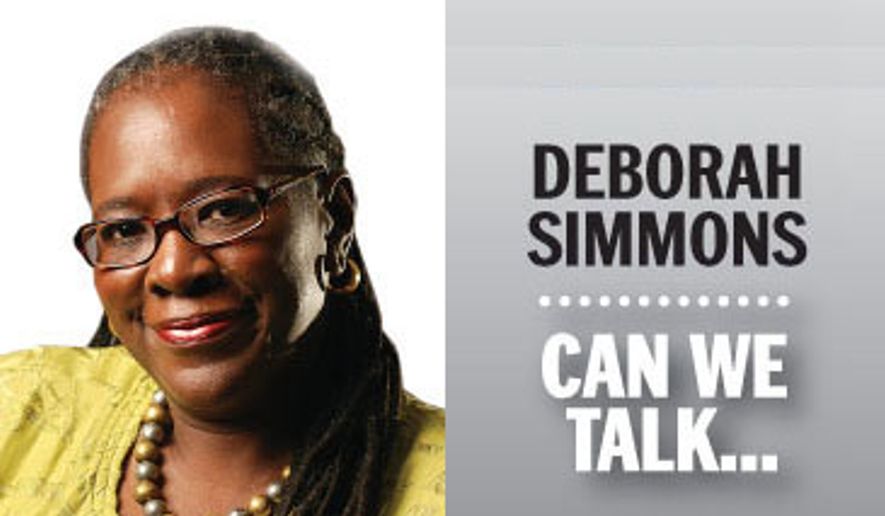ANALYSIS/OPINION:
This time last year, politicians were stumbling all over themselves on the issues of senior citizens and affordable housing, and the candidates’ common responses were to put additional public dollars into public coffers for seniors and low-income housing.
Voters elected their lot and winners have taken office.
Now comes a pressing concern. What is being done for seniors who live in affordable but unhealthy housing?
The question was brought to me by family and friends of residents in Fort Lincoln, the “New Town” community in Northeast that was conceived during 1960s when Lyndon Johnson was president and is now home to more senior citizens than another other D.C. community.
Fort Lincoln has more than 1,000 units specifically for seniors and handicapped residents, and most of those units are subsidized. But Fort Lincoln also is housing unwanted residents: bedbugs.
Bedbugs have infested many units, causing health issues and displacement.
“One woman had bedbug bites all over body,” I was told about a resident in The Petersburg, a high-rise building with more than 300 units that sits near the Costco store.
Another woman has not lived in her unit since spring but “pays her monthly rent,” I was told. The woman had to toss furniture and belongings when the bedbugs were discovered this spring. Management gave the clear sign and new bedding, furniture and belongings were bought as replacements. But then her family discovered the bedbugs were still there, so they tossed her belongings again. Before she returns home, additional money must be spent on new furnishings, and the woman’s clothing must be replaced.
The elderly woman’s family isn’t just concerned about her, though. They are worried about other residents — aging, handicapped and on fixed incomes — who do not have a similar support system.
Experts say bedbugs are not disease-carrying pests, which might explain the public health community’s laissez-faire attitude. But the tiny vampires, which feed on human blood, are brownish-red in color and about the size of an apple seed, surely cause health-related problems if left unabated — chief among them mental, physical and economic angst.
Fort Lincoln isn’t the only place where senior living housing is having severe problems with bedbugs.
• An aging woman in western Washington state was threatened with eviction in June for failing to cooperate with management regarding an extermination for bedbugs. Her son didn’t arrive on time. “I couldn’t move furniture,” said the woman. “I’m 90 years old.”
• “Senior citizens in Desert Hot Springs [California] say they’re being eaten alive by bedbugs, which have infested the Linda Vista Senior Residences for months, biting residents in what they say are unhealthy living conditions,” KESQ TV reported in June. “Some of the residents called us for help Tuesday after they were handed a 3 day notice from the apartment manager to ’perform or quit,’ clean house or move out.”
• A 62-year-old woman in Chattanooga, Tennessee, with boil-sized bedbug bites told the timefreepress.com that she refuses to sleep in her own apartment and has been staying at her mom’s. “They’re coming out the walls,” said Marissa Smith, who lives in a subsidized complex. Management makes her feel as if she has to fight the tiny buggers on her own. “They patronize you when you talk to them about it. They talk to us like we’re crazy,” Ms. Smith said.
Bedbug bites create another set health problems, including itchiness, insomnia and allergic reactions. An infestation improperly dealt with can lead to a public health crisis that, in turn, could lead to such legal issues as negligence, breach of contract regarding quiet enjoyment, and legal counsel and court costs.
I would think neither Fort Lincoln nor housing authorities want to go down the legal road. And that’s ditto for the D.C. Council and the Bowser administration, which is reckoning with a bedbug problem in the former City Hall building at Judiciary Square in Northwest. And ditto again in a building in Allegheny County, Pennsylvania, that houses a 911 call center.
The bedbug issue has been “No. 2 on the list of seniors’ topics for several months,” a longtime D.C. mover-and-shaker told me in midsummer, and there have been several discussions on just that topic.
Council member Anita Bonds underscored a keen awareness of the issue when, at a recent forum, I whispered the word “bedbugs” in her ear.
“Not again” was her retort. When I spoke with her earlier this week, she promised action (and I’ve always take her at her word, even when I disagree with her point of view).
It’s obvious why housing officials and various management authorities are involved in bedbug talks. After all, much of the oversight is in their bureaucratic hands.
What’s not clear is why this emerging problem in affordable housing is not being solved by the hands of public health officials.
Leadership must step forward before a health problem becomes a health crisis.
Our seniors deserve better tending.
• Deborah Simmons can be reached at dsimmons@ washingtontimes.com.
• Deborah Simmons can be reached at dsimmons@washingtontimes.com.




Please read our comment policy before commenting.